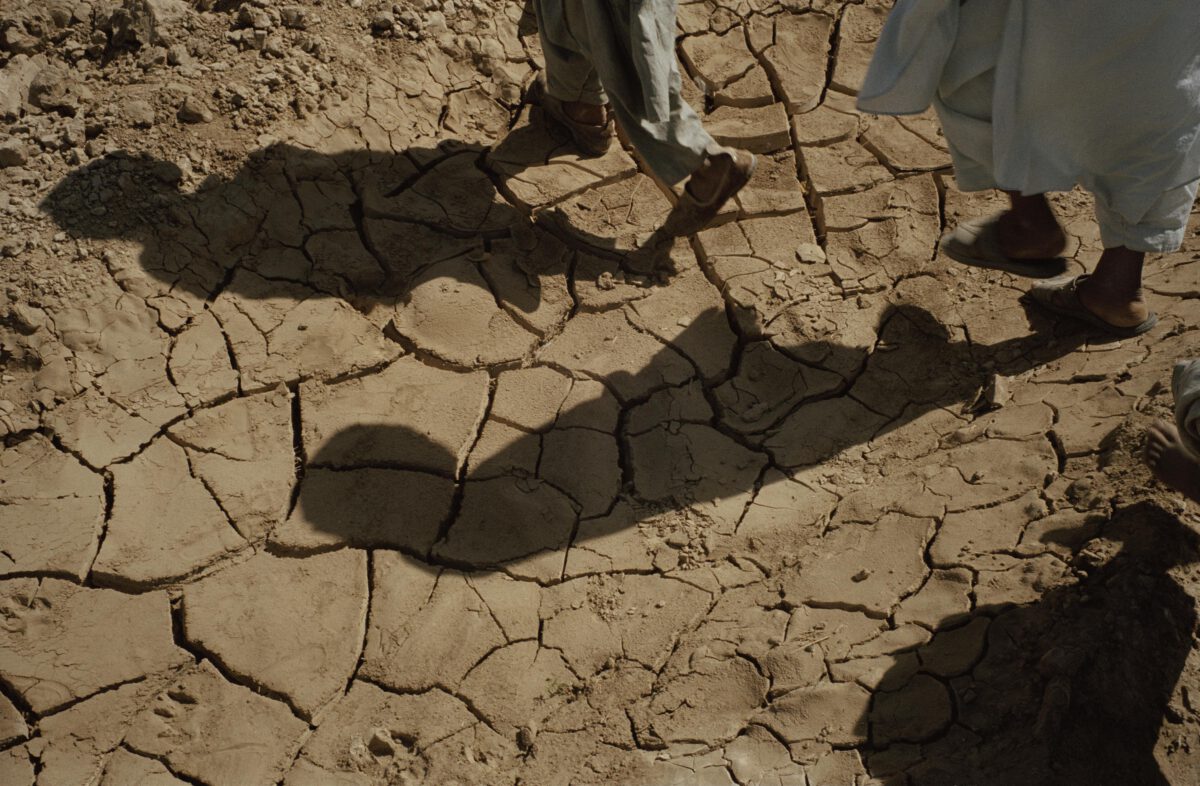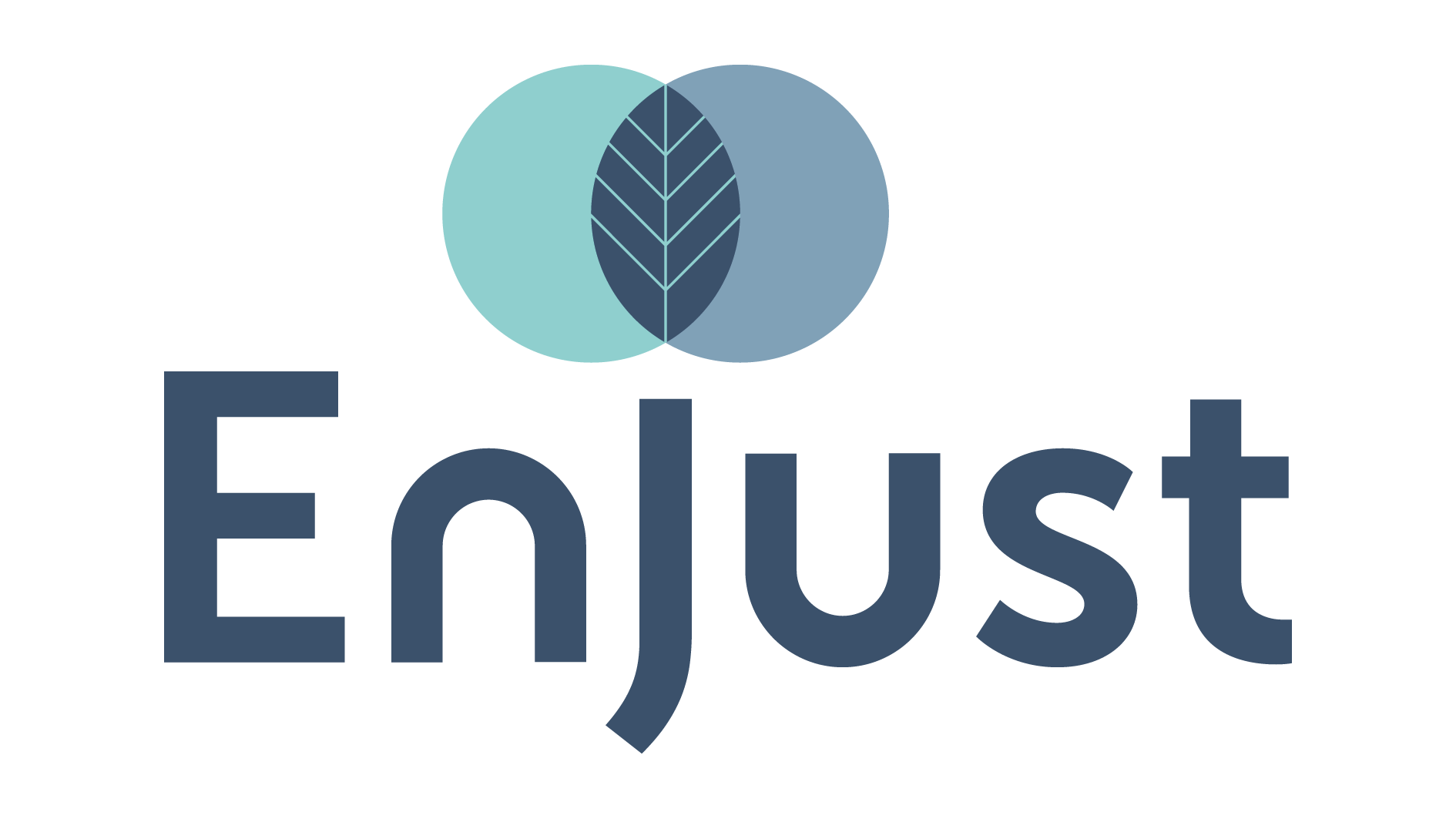
In cooperation with the EnJust network, the Heinrich Böll Foundation invites to a digital panel discussion within the «Culture weeks Afghanistan – the other view».
Tuesday, 24th November 6:00-8:00 pm.
Afghanistan is suffering for more than four decades from a devastating war that cannot be limited to the country’s boundaries, but that has regional and even international dimensions. Besides, the country is assessed as one of the most vulnerable countries affected by the adverse impact of climate change, in particular in relation to droughts and floods. Temperature is estimated to increase more than the global average, with warming expected to reach 1.7-2.3 Celsius by 2050. What impact will climate change have on the development of the country? With agriculture employing 60 % of the population, how will it affect the livelihood of the Afghan people? What are the possible implications for the future of any peace process in the country? And how is the relationship with the two neighbours – Iran and Pakistan – affected by water scarcity?
In the digital panel discussion, we will discuss the effects of climate change in Afghanistan with three experts:
- Alias Wardak – Expert in the fields of water and energy, lecturer at Siegen University, works for 11 years as policy advisor and manager on infrastructure projects in Afghanistan
- Benafsha Mirbacha – Expert in water diplomacy and regional cooperation, civil society activist with extensive experience in research and advocacy
- Mujib Ahmad Azizi – Researcher at Afghanistan Research and Evaluation Unit, with particular focus on water management
The event will be moderated by:
- Teresa Inclán – Heinrich Böll Foundation Schleswig-Holstein
- and Prof. Florian Dünckmann – University of Kiel, Department of Geography
The panel discussion takes place in English.
Software
We use the “Zoom” software to conduct the digital panel discussion.
Participation can easily be done via an access link in the web browser (Zoom recommends Google Chrome). Optionally, the Zoom app can be downloaded here for a better connection quality. A Zoom account is not required, i.e. registration with Zoom is not necessary.
Note: only if you participate via the Zoom-App you can vote in the surveys (survey windows are not displayed in the web browser).
Data protection
You will find information on data processing in the data protection documentation for Zoom.
The camera and microphone remain switched off for viewers. They are welcome to ask their questions via chat (“Q&A” button).
It could be that anonymous surveys are conducted.
Event Access
Please follow the link to access the digital panel discussion:
https://uni-kiel.zoom.us/j/92417632650?pwd=YThybjZ5NjdVRlEyOGI3TDBvR0pxUT09
Webinar ID: 924 1763 2650
Passcode: 220284
Important note: When you register, you will be asked to enter a name. Unfortunately, we cannot turn off this request from Zoom. For an anonymous participation we recommend to enter a synonym.
Image source: Responding to UN appeals for drought and conflict relief, which last year included food supply to 32,000 affected students in Oruzgan. Mazar, Afghanistan 2002. Photo: Stephen Dupont

